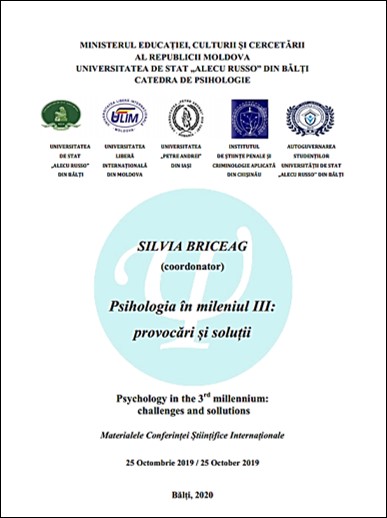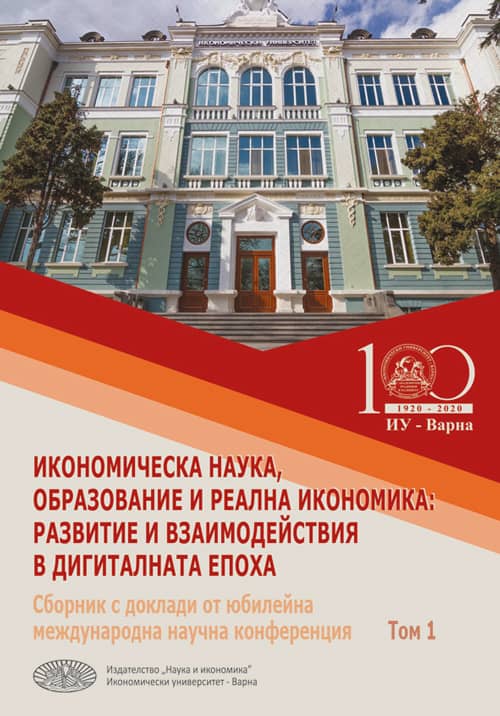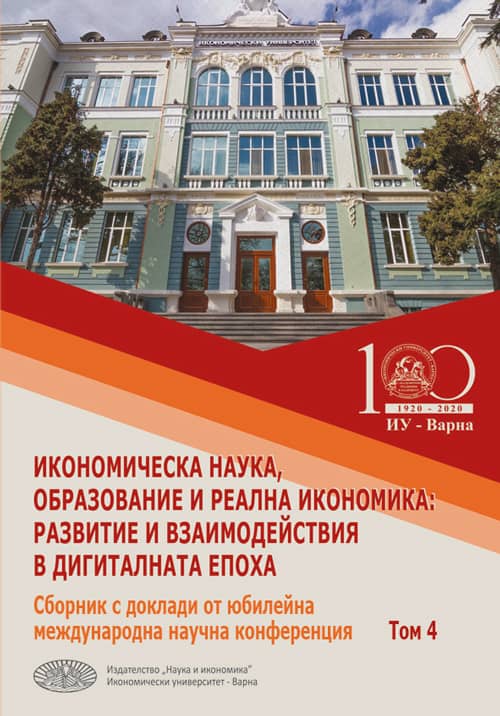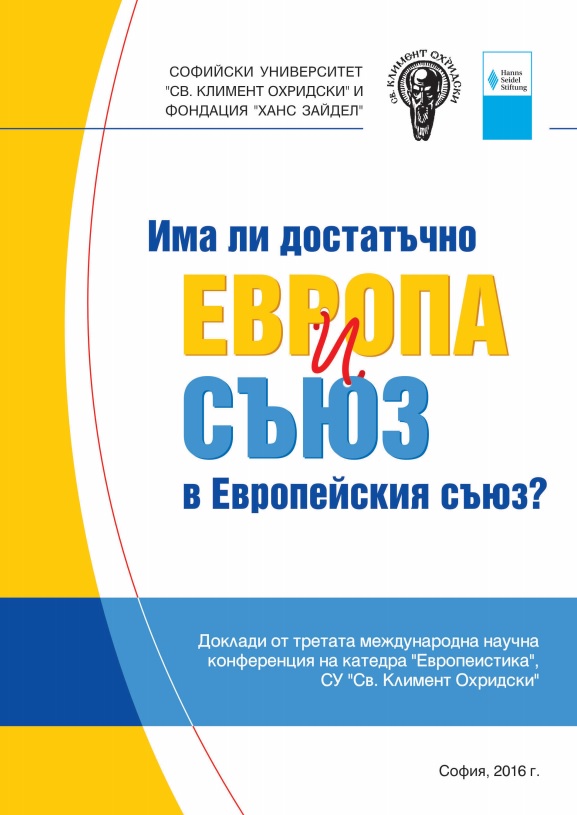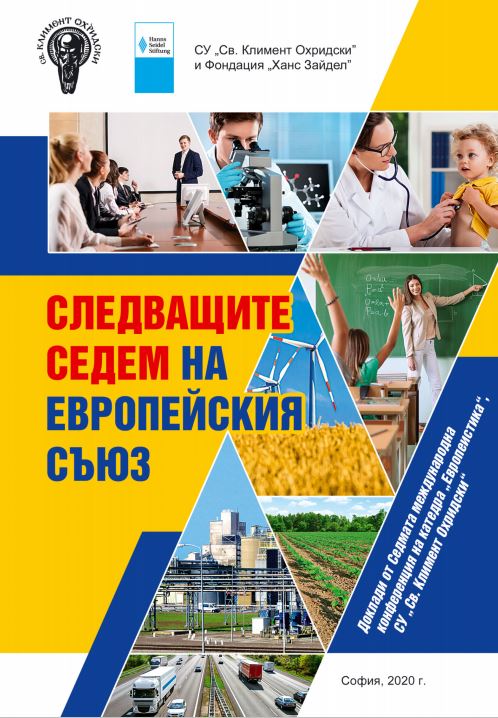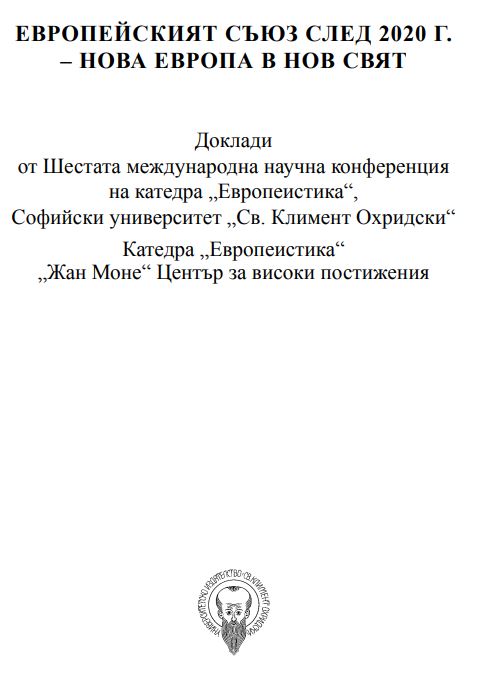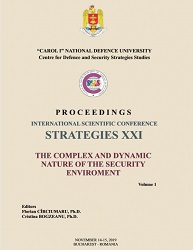
DIGITAL DIASPORA. VIRTUALIZATION OF POLITICS AND NEW HYBRID CHALLENGES IN NOWADAYS ROMANIA
Starting with de-territorialisation of power and going one step further to the ascent of non-state political actors, the influential duo of digitalisation and globalization reshaped in a capital manner the geopolitical landscape of Eastern Europe. Since social media proved to be an essential tool of hybrid warfare, diasporic communities playing often the role of an interface amid local and transnational identities, the article aims to discuss the consequences triggered upon regional politics by ascent of digital diasporas, addressing topics as diasporization of homelands and autonomization of diasporic bodies, effects exerted by diaspora’s political militantism upon changing societies of former communist space and not lastly the hybrid challenges associate to virtualization of politics and ascent of non-state power groups. The last section encompasses a study case dedicated to the Romanian scenario, where to the rise of digital diaspora influenced in a capital manner the configuration, prospects of evolution and democracy engagement of local politics.
More...
